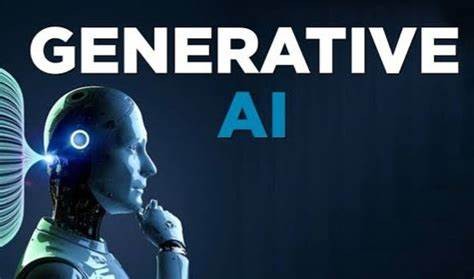Got it! Here’s the revised version with the important parts bolded:
It seems like the legal battles over generative AI technology are heating up, with prominent U.S. newspapers suing OpenAI and Microsoft for copyright infringement. This lawsuit joins others in questioning the use of generative models like GPT-4 without proper compensation to content creators. However, OpenAI appears to be considering a framework to compensate copyright owners based on their contributions to AI-generated content, using cooperative game theory.
In other AI news:
- Microsoft has reaffirmed its ban on facial recognition technology for police departments in the U.S., adding language to its terms of service.
- AI startups face unique challenges compared to traditional software companies, according to Glasswing Ventures founder Rudina Seseri.
- Anthropic, an AI startup, is launching a new paid plan for enterprises and an iOS app.
- Amazon’s CodeWhisperer has been rebranded as Q Developer, offering business-oriented generative AI chatbots.
- Sam’s Club is using AI to streamline its exit technology, allowing customers to leave certain locations without having their purchases checked.
- Shinkei is developing an automated system for fish harvesting to improve efficiency and humaneness in the process.
- Yelp has introduced an AI-powered chatbot to help users connect with relevant businesses for various tasks.
Additionally, there are notable developments in the AI research landscape:
- Argonne National Lab convened experts to discuss the potential of AI in infrastructure and R&D, resulting in a report highlighting the need for high-powered computing resources and integrated data tools.
- Georgia Tech and Meta collaborated on OpenDAC, a database to aid scientists in designing carbon capture processes.
- Researchers at Cambridge and Ludwig-Maximilians-Universität München are working on AI models to identify causal mechanisms, not just correlations, which could improve treatment plans in medicine.
- At the University of Pennsylvania, grad student Ro Encarnación is studying “emergent auditing” to understand how users interact with AI systems and adapt to their shortcomings.
These developments underscore the ongoing evolution and impact of AI across various industries and research domains.
